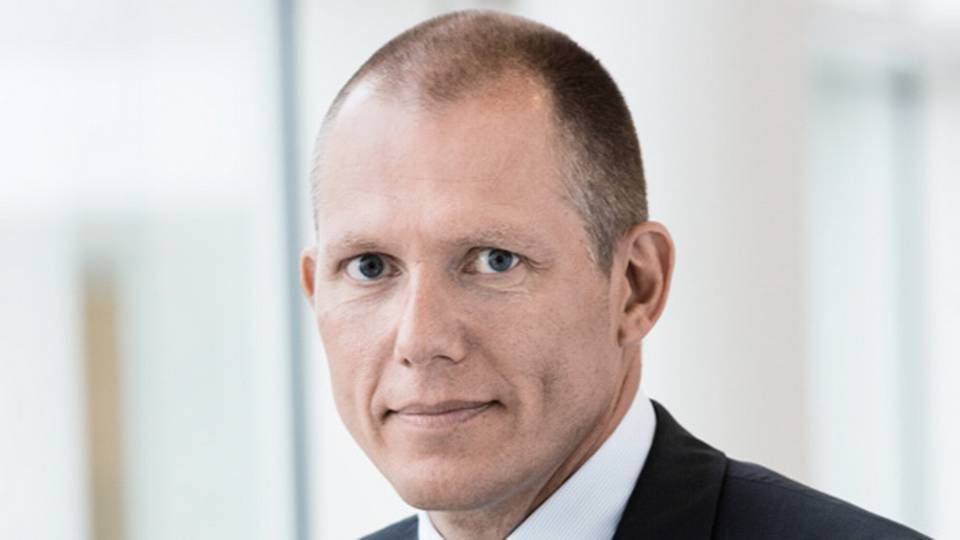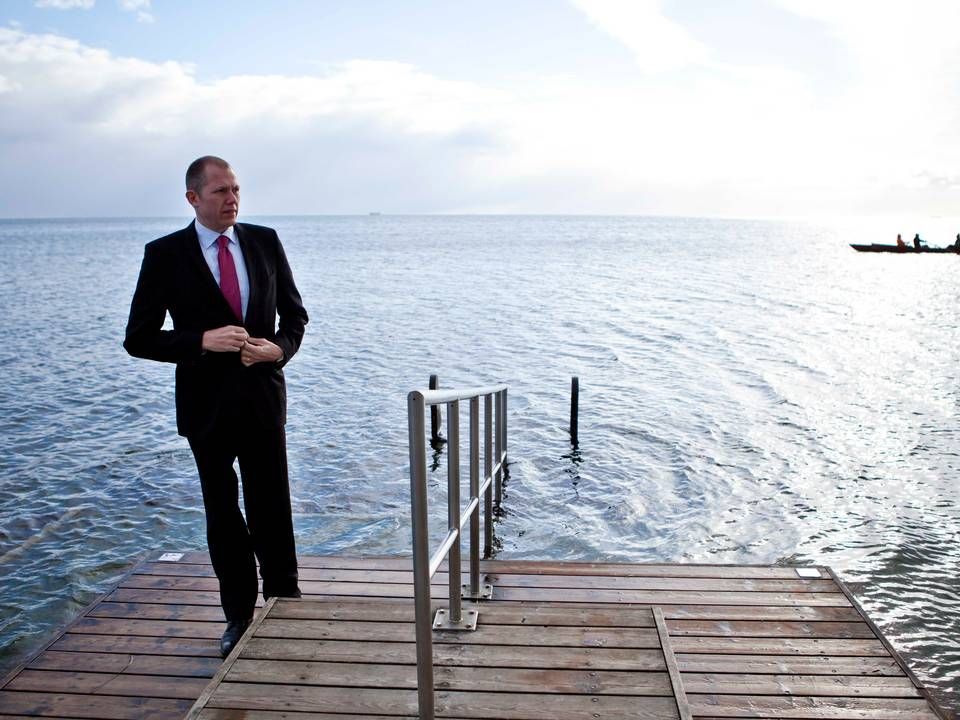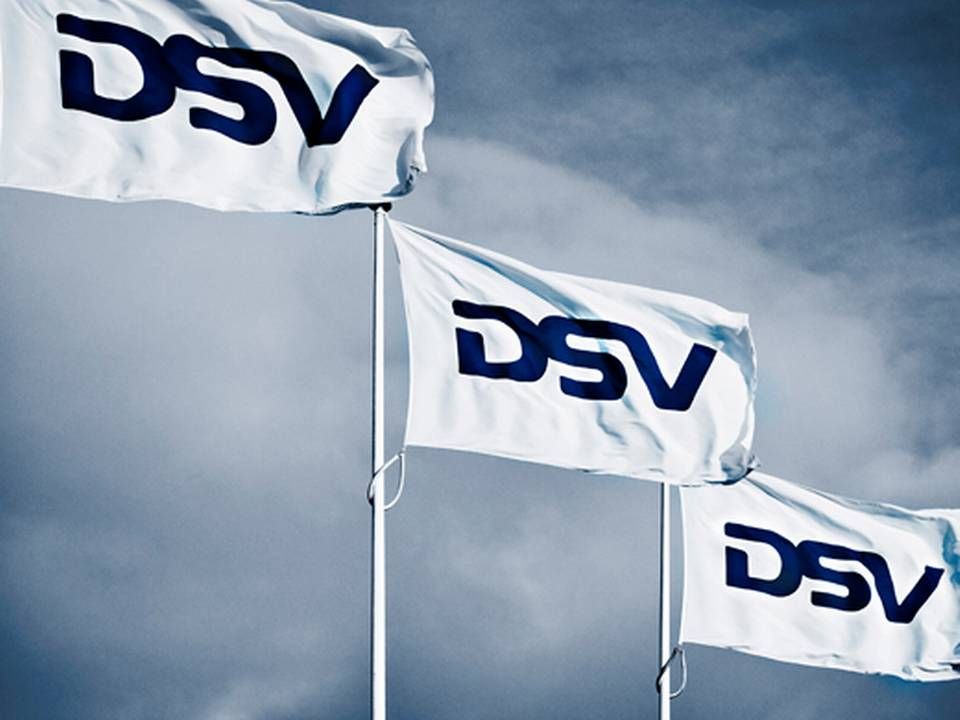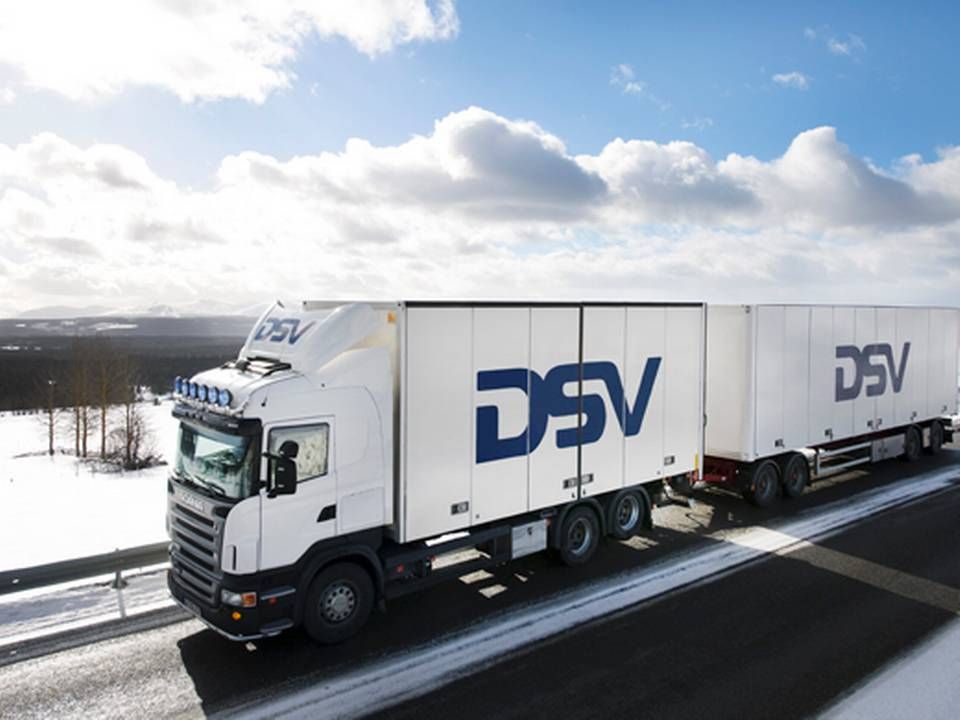DSV CEO: Never take everything for granted

Logistics company DSV once again upgrades its full-year forecast, after the third quarter 2016 brought the company its biggest quarterly profit ever. Integrating the USD 1.35 billion acquisition of US-based UTi earlier this year does not even seem to have shaken DSV and its asset light strategy that basically revolves around not owning the means of transportation used by the company. DSV thus seems to have avoided the crisis which otherwise plagues stakeholders such as container carriers.
It seems that everything is going according to plan for you. Are there any challenges at all at the moment?
"There are plenty of challenges. We are constantly trying to find new things at DSV that can be improved, and even when things are going fine and we've made a billion kroner (almost USD 150 million, -ed.) in the quarter, that number actually includes all kinds of things from 80 different countries, with three different divisions and different offices. So it's not because we are 100 percent satisfied with what is happening everywhere. There is still room for improvement, but we are pleased with the result overall."
Then what are your biggest challenges?
"That we're still in a market characterized by very low macroeconomic growth. This means that competition is intense, so we have to constantly reinvent ourselves and find new ways to handle the volumes and increase productivity in the organization."
Try a free 14-day trial subscription to ShippingWatch
"We're also invested in digitalization and new technology that is gaining ground. It's not something that explodes from one day to the next, but it's an ongoing development that we're a part of. We believe that we have some reasonable e-commerce offers for our customers, which we would naturally like to develop further, and that's a challenge as well."
"But none of the challenges we face now really worry us."
What are you scared of?
"I'm scared of lots of things, but it doesn't keep me up at night. You should never be in a position where you take everything for granted, and we have to remember to think in some negative scenarios so that we have plans if something happens on the market, like how to adapt the organization if growth declines."
Analysts note that you had a hard time passing on the bill from increasing container rates to your customers. How much pressure are you under from increasing freight rates?
"After Hanjin, the rates naturally took a steep hike, and with abrupt rate increases or declines, there is a delayed effect for us. This is something that corrects itself within a week or two, but it was so insignificant that we didn't include it in our quarterly statement. It would be tempting if one needed to explain something, but we just didn't need that."
"We have around 100 boxes left on Hanjin's vessels now, and we can hopefully start putting it behind us. But Hanjin was never a core carrier for DSV, and we were, of course, happy about that when this happened."
What will consolidation among container carriers mean for you?
"It won't be that significant. Historically we've kept margins stable in all kinds of environments, and 75 percent of our earnings on containers stem from outside the vessels."
What is your top target for seafreight?
"Right now, all strategy has pretty much been reset to zero because we are focusing so much on integrating UTi. And our numbers are so polluted by UTi that it's hard to assess how much we've grown, as they add 100,000 teu to our system. But we can see that we have 345,000 teu, and we are happy about that, but we must get back to the growth we had before and we need to take market shares."
What is the status on the integration of UTi?
"That is our paramount focus right now. We have merged hundreds of offices in different places. With a few exceptions, we have moved our entire production to our IT platform, and then there are some back office functions and some IT centers that also need to be merged, and there are some customer-based systems we still need to transfer to our system."
"Otherwise it's all about getting the final part of the integration done. This covers things such as telling all the new customers that we gained from UTi, as well as our old customers, about the new opportunities in road, that we got through the acquisition. We are already doing this, but we want to speed it up when the integration is finished."
What does it mean for new acquisition plans that the integration of UTi is going well?
"You could say that if we have proven to shareholders when the integration is done that this was the right way to spend almost ten billion kroner, then they will hopefully be ready to make more acquisitions. The fundamental strategy to consolidate this very fragmented industry remains completely intact at DSV."
DSV upgrades guidance as profits grow big-time
So when is the next acquisition coming?
"I can't say. It really depends on when opportunities arise, and right now we don't have the strength for more, not financially and not operationally. But we have said that the integration of UTi will be done by late 2017, so don't expect anything big from us before then."
But it could happen right after 2017?
"No, I mean, that's impossible to predict. We aren't in the habit of making such big acquisitions every two or three years, so maybe some time will pass. We also have to convince a potential acquisition candidate that it's the right thing to do. Unfortunately, there are very few attractive acquisition candidates with an open ownership structure that would enable us to take over. And if they don't want to be sold to anyone, there will be no transaction."
You seem to have a big advantage with the asset light strategy, and the technological development is heading in a direction of not only assets, but also people becoming superfluous. How much is people light part of your deliberations?
"We are tracing the technology and it looks exciting. When you think about the large volumes of cargo that go on trucks and ships, drones seem like science fiction. But I think that self-driving trucks could be something we could use in the future on key routes through Europe or in Denmark. But I find it hard to imagine that a delivery of four boxes of ties to one person downtown could happen without a driver."
DSV CEO: We target major acquisitions
"Don't worry, the f-word is used during all major negotiations"
Related articles
DSV CEO: We target major acquisitions
For subscribers
Investment banks lift DSV share price
For subscribers





















